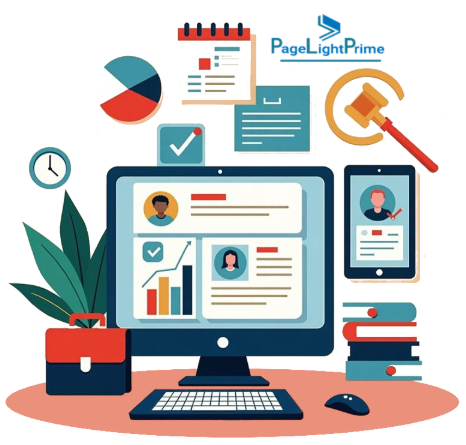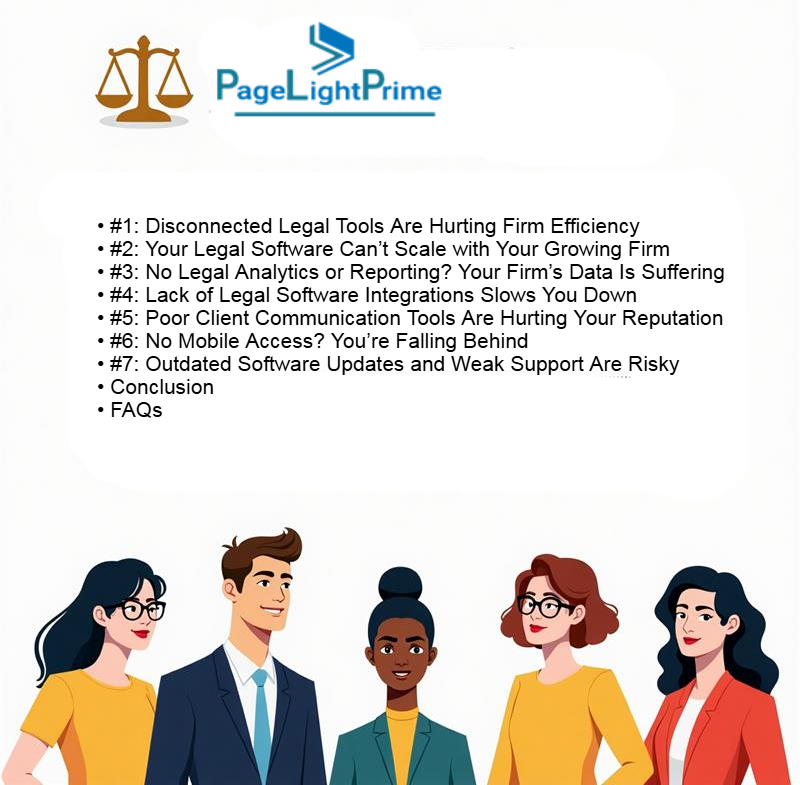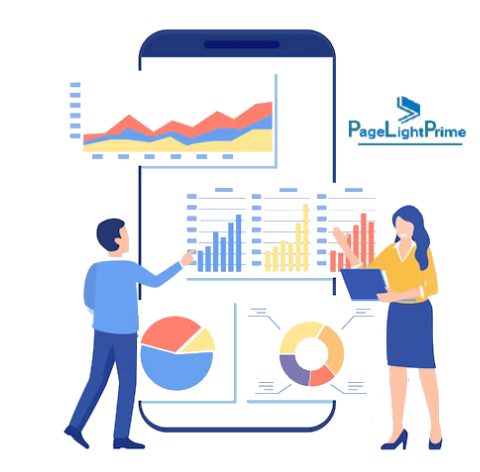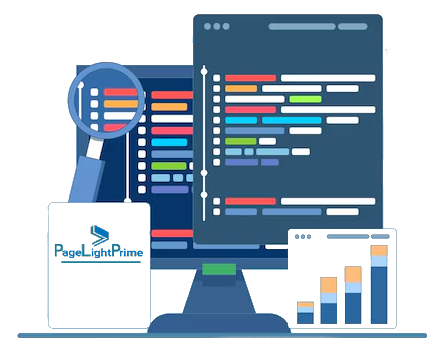7 Signs Your Law Firm Has Outgrown Its Practice Management Software
Is your firm facing workflow inefficiencies, communication breakdowns, or outdated tools? These issues may be signs that your current software is no longer keeping up. Discover how to spot the red flags—and what modern legal technology can do to support your growth.
Written by Knowledge Team, posted on Jun 20, 2025

Has Your Law Practice Management System Become a Barrier?
As your law firm grows, the legal software that once supported your operations can become a barrier to progress. From missed deadlines and duplicate data entry to billing errors and client dissatisfaction, outdated tools can stall your growth and frustrate your staff.
Cloud-based legal practice management software offers a smarter, more scalable solution. By centralizing case information, automating routine tasks, and enabling secure access from anywhere, modern cloud platforms empower your team to work more efficiently and collaboratively. With real-time updates, integrated communication tools, and better data visibility, your firm can deliver superior client experience while staying agile and compliant.

Table of Contents
- #1: Disconnected Legal Tools Are Hurting Firm Efficiency
- #2: Your Legal Software Can’t Scale with Your Growing Firm
- #3: No Legal Analytics or Reporting? Your Firm’s Data Is Suffering
- #4: Lack of Legal Software Integrations Slows You Down
- #5: Poor Client Communication Tools Are Hurting Your Reputation
- #6: No Mobile Access? You’re Falling Behind
- #7: Outdated Software Updates and Weak Support Are Risky
- Conclusion
- FAQs

#1: Disconnected Legal Tools Are Hurting Firm Efficiency
If your team uses separate tools for billing, scheduling, case tracking, and document management, you’re likely duplicating efforts—and making costly errors.
Disconnected systems create workflow gaps, delay case progress, and can lead to miscommunication or compliance risks.
💡 Tip: Prioritize Legal Workflow Automation
Invest in integrated legal practice management software that consolidates calendars, billing, document storage, and communication into one platform. Legal workflow automation saves hours weekly by eliminating repetitive tasks.

#2: Your Legal Software Can’t Scale With Your Growing Firm
Growth is good—but not if your tools can’t keep up. Older software systems may limit the number of users, have poor performance under heavy data loads, or lack permission-based user controls for larger teams.
💡 Tip: Choose Scalable Law Firm Software
Look for scalable law office software that grows with your team. Modern solutions support multi-location access, custom roles, unlimited users, and integration with advanced firm management software tools.

#3: No Legal Analytics or Reporting? Your Firm’s Data Is Suffering
Without reporting and analytics, you’re operating in the dark. You need to track billable hours, productivity, caseloads, and revenue trends to make informed decisions.
💡 Tip: Empower Smarter Decisions with Legal Analytics
Use law firm analytics features to visualize KPIs in real time, track profitability, and export client, matter, or timekeeping reports. Data transparency can transform your strategic planning.

#4: Lack of Legal Software Integrations Slows You Down
Manual data transfers between tools waste time and increase the risk of error. If your current platform doesn’t connect with tools like QuickBooks, Outlook, or DocuSign, it’s costing you more than you think.
💡 Tip: Optimize Workflows with Legal Software Integration
Choose attorney software with robust APIs and built-in integrations. Seamless connections to your accounting, email, CRM, and document tools accelerate workflows and reduce friction.
📌 Related Resource: Top Legal CRM to Boost Productivity

#5: Poor Client Communication Tools Are Hurting Your Reputation
Clients expect updates, secure messaging, and fast responses. Without built-in communication tools, attorneys spend more time managing email than practicing law.
💡 Tip: Enhance Client Communication for Law Firms
Adopt law firm case management software that includes secure client portals, real-time messaging, and automated updates. Better communication builds trust and sets your firm apart.

#6: No Mobile Access? You’re Falling Behind
Lawyers today need tools that work from court, home, or on the go. If your system requires a desktop connection or VPN, you’re limiting your team’s efficiency.
💡 Tip: Go Mobile with Cloud-Based Law Firm Software
Choose a cloud-based legal platform with mobile apps. Attorneys can track time, review case files, and communicate securely—anytime, anywhere.

#7: Outdated Software Updates and Weak Support Are Risky
Is your software slow to update? Are support tickets unanswered for days? These are signs your provider isn’t keeping up with modern law firm needs—or protecting your data adequately.
💡 Tip: Choose Modern Law Firm Software with Proactive Support
Work with vendors that offer 24/7 support, security updates, and clear roadmaps. Modern law firm software keeps your team safe and efficient, no matter what challenges arise.

“
Conclusion: Don’t Let Outdated Software Stall Your Growth
Your law firm deserves tools that evolve as you do. Upgrading to modern law firm software isn’t just a tech decision, it’s a strategic move that empowers your team, enhances the client experience, and supports long-term growth.

“
What is PageLightPrime and How Does It Help Law Firms?
Why choose PageLightPrime for my law firm?
Because it’s built on Microsoft 365, PageLightPrime offers scalable, secure, and cloud-based solutions that grow with your firm. It streamlines workflows, enhances collaboration, and provides mobile access, helping firms avoid common pitfalls of outdated software.
How does PageLightPrime improve integration and productivity?
PageLightPrime leverages Microsoft 365’s ecosystem, ensuring smooth integration with your existing apps and enabling automated legal workflows, secure client communication, and real-time analytics — all from a single unified platform.
Frequently Asked Questions: (FAQ)
How do I know if I’ve outgrown my practice management software?
Common signs include slow performance, disconnected tools, no mobile access, or lack of reporting. If your software slows down growth or frustrates staff, it's time to consider an upgrade.
What features should modern law firm software include?
Look for secure client portals, automated billing, legal workflow automation, mobile access, document management, and legal analytics dashboards.
Can I migrate my data to a new practice management system?
Yes. Most providers offer secure data migration services to safely transfer your case files, billing records, and client data with minimal downtime.

